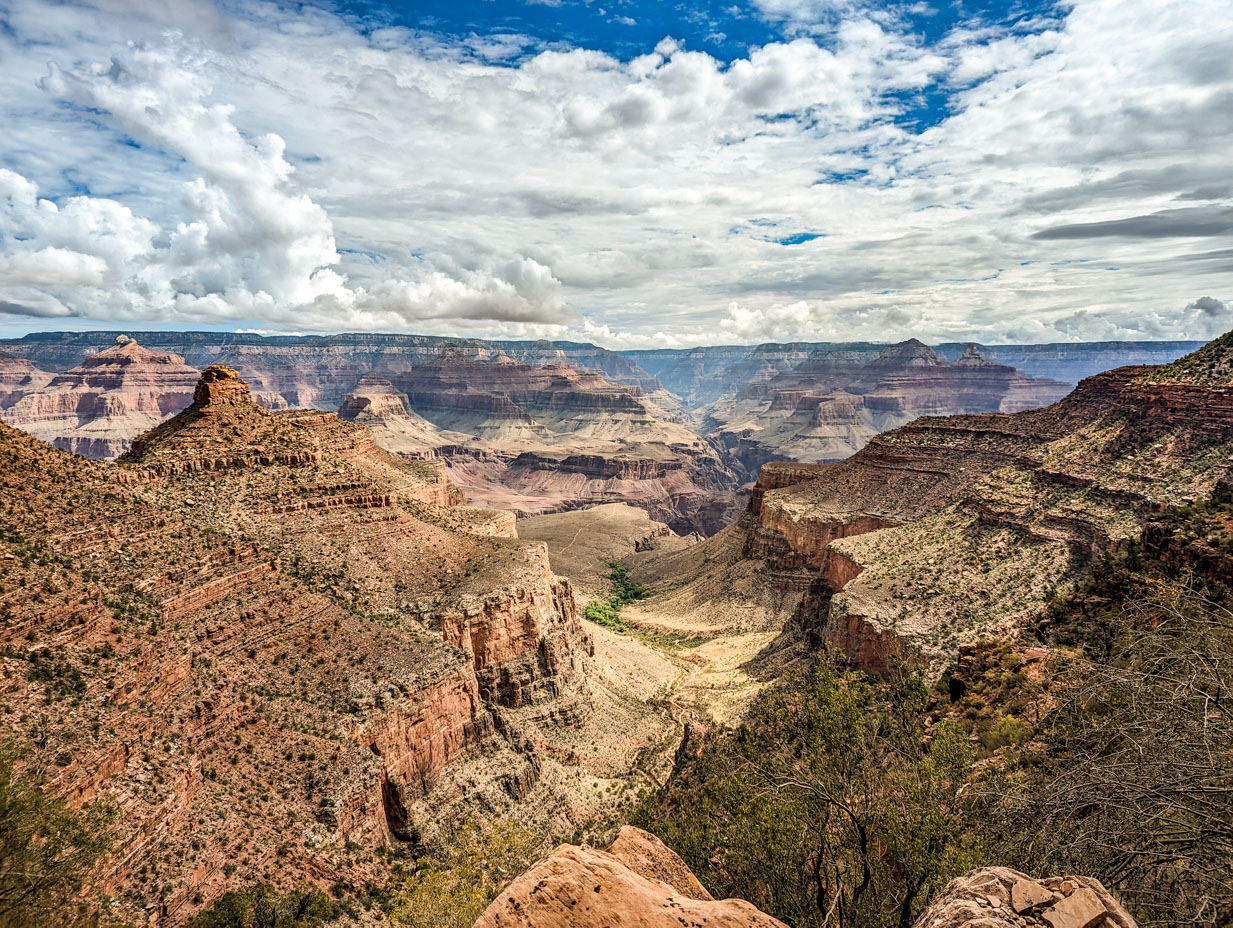

 ©Laura Haverkamp
©Laura Haverkamp
Chapter 6:10-25 (ESV) - “And when the Lord your God brings you into the land that he swore to your fathers, to Abraham, to Isaac, and to Jacob, to give you—with great and good cities that you did not build, and houses full of all good things that you did not fill, and cisterns that you did not dig, and vineyards and olive trees that you did not plant—and when you eat and are full, then take care lest you forget the Lord, who brought you out of the land of Egypt, out of the house of slavery. It is the Lord your God you shall fear. Him you shall serve and by his name you shall swear. You shall not go after other gods, the gods of the peoples who are around you— for the Lord your God in your midst is a jealous God—lest the anger of the Lord your God be kindled against you, and he destroy you from off the face of the earth.
“You shall not put the Lord your God to the test, as you tested him at Massah. You shall diligently keep the commandments of the Lord your God, and his testimonies and his statutes, which he has commanded you. And you shall do what is right and good in the sight of the Lord, that it may go well with you, and that you may go in and take possession of the good land that the Lord swore to give to your fathers by thrusting out all your enemies from before you, as the Lord has promised.
“When your son asks you in time to come, ‘What is the meaning of the testimonies and the statutes and the rules that the Lord our God has commanded you?’ then you shall say to your son, ‘We were Pharaoh's slaves in Egypt. And the Lord brought us out of Egypt with a mighty hand. And the Lord showed signs and wonders, great and grievous, against Egypt and against Pharaoh and all his household, before our eyes. And he brought us out from there, that he might bring us in and give us the land that he swore to give to our fathers. And the Lord commanded us to do all these statutes, to fear the Lord our God, for our good always, that he might preserve us alive, as we are this day. And it will be righteousness for us, if we are careful to do all this commandment before the Lord our God, as he has commanded us.’
Question to consider: Why would inheriting the land cause them to forget God?
The Israelites were about to get everything that they wanted: freedom from slavery, their very own land with established cities, pre-furnished homes, full-grown groves of trees, rich farmland, mature vineyards, and pre-dug water sources. The most valued treasure of all was that the LORD would dwell in their midst with the tabernacle eventually being replaced by a permanent temple. They would have to participate in the battles to win these cities, but essentially their participation was little more than showing up to witness the glory of God.
It was easy to fear God when they experienced the fire on the mountain or the voice from heaven or the miraculous provision in their time of need. However, Moses warned them against forgetting that fear in their time of ease.
We would like to think that we would praise God all the more in the midst of blessing and abundance. Unfortunately, it rarely plays out that way. Take a moment and examine your own life… honestly. During times when things are going your way and life is smooth, do you walk with God the same way as when times are tough? I’m not saying we lose our faith in God, but we start to depend on the strength of our hands. We start to spend more time maintaining our stuff. We don’t want to bother God with our first-world problems, and so our prayers start to become less frequent.
Once Israel would become self-sufficient, their focus would be on maintaining their position, and this left room for compromise. It would become easier to tolerate sin or the worship of other gods to maintain trade routes or in the name of peace between nations. When you hear the voice of God or see some miraculous manifestation of Him, it’s easy to remember God is there. When those things cease, we tend to forget.
This temptation to forget would be even greater for the following generations who only hear about the miraculous things and have spent their whole lives being supported by the fruits of the land. Moses provided the solution to this problem: teach them God’s ways and remind them of what God has done. Unless we are diligent to catechize our youth (especially the youth in our own family), they will forget about God. The spark of our own faith does not do much for our children unless a fire is kindled in their hearts, and they must be taught to do the same for the generation that follows them.
Dear heavenly Father, please help us to heed the warnings You gave the people of Israel through Moses for our own faith and that of the next generation. Bless us with Your presence that we may walk closely with You during times of struggle as well as times of ease. Amen.